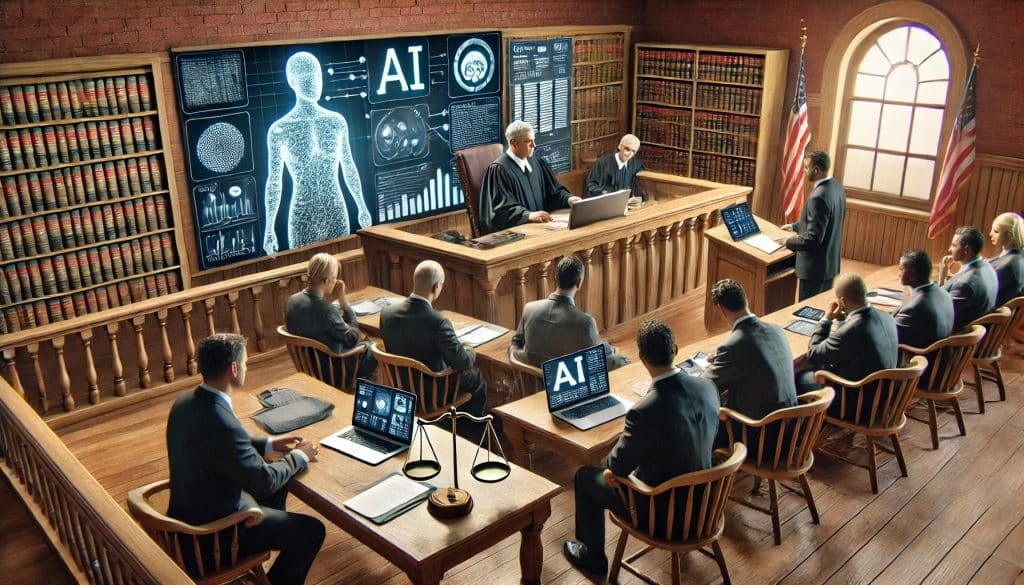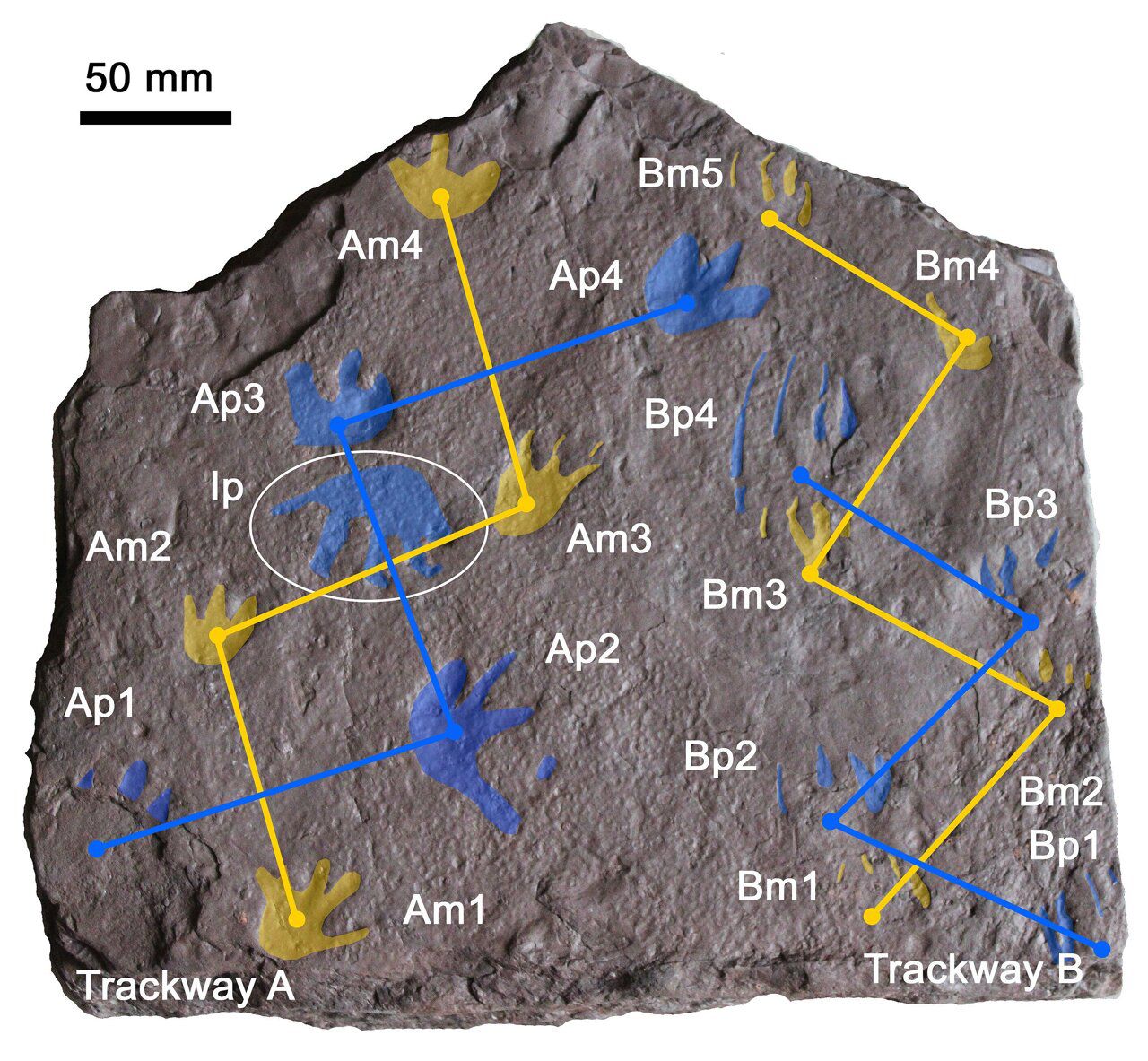
Follow WOWNEWS 24x7 on:
Updated: May 14, 2025 23:00

AI is reshaping courtrooms and transforming the litigation landscape by streamlining processes, improving efficiency, and enhancing accessibility. Indian courts have already begun integrating AI tools for case management, transcription, and translation, making legal proceedings faster and more transparent.
Key Innovations in AI-Powered Litigation
- The Supreme Court of India has implemented AI-driven transcription for Constitution Bench hearings, ensuring accurate and real-time documentation
- AI-assisted translation tools now convert judgments into multiple Indian languages, improving accessibility for litigants across the country
- The Supreme Court Portal for Assistance in Court Efficiency (SUPACE) helps judges by extracting relevant case laws, legal provisions, and facts, reducing research time
Global Trends and Future Prospects
- China has introduced AI-powered cyber courts to handle e-commerce and intellectual property disputes, demonstrating the potential for automated legal adjudication
- AI-driven legal research platforms are revolutionizing how lawyers prepare cases, significantly cutting down research time while improving accuracy
- Ethical concerns remain, including bias in AI algorithms, data privacy issues, and the need for human oversight in judicial decision-making
While AI enhances efficiency, courts emphasize that it does not replace human judgment. The technology serves as an aid rather than a decision-maker, ensuring that legal principles and fairness remain at the core of judicial processes.
Sources: Moneycontrol, Precedent India, Legal Service India



